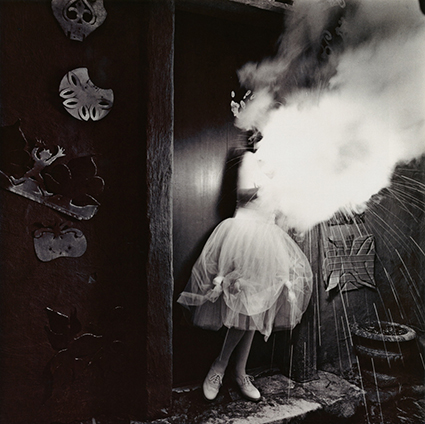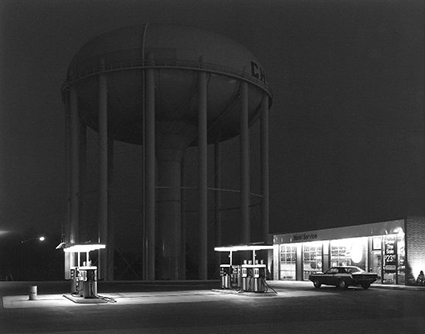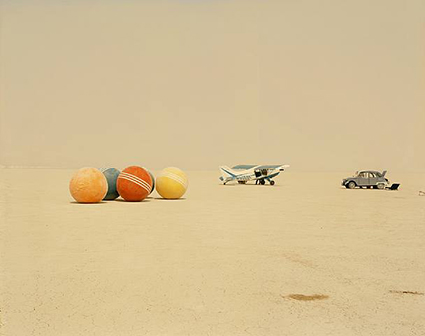23 Quotes By Photographer Paul Strand
Enjoy this collection of quotes by photographer Paul Strand.
“Your photography is a record of your living, for anyone who really sees.” – Paul Strand
“I’ve always wanted to be aware of what’s going on around me, and I’ve wanted to use photography as an instrument of research into and reporting on the life of my own time.” – Paul Strand
“Your photography is a record of your living – for anyone who really sees. You may see and be affected by other people’s ways, you may even use them to find your own, but you will have eventually to free yourself of them. That is what Nietzche meant when he said, ‘I have just read Schopenhauer, now I have to get rid of him.’ He knew how insidious other people’s ways could be, particularly those which have the forcefulness of profound experience, if you let them get between you and your own personal vision.” – Paul Strand
“Look at the things around you, the immediate world around you. If you are alive, it will mean something to you, and if you care enough about photography, and if you know how to use it, you will want to photograph that meaningness. If you let other people’s vision get between the world and your own, you will achieve that extremely common and worthless thing, a pictorial photograph.” – Paul Strand
“The material of the artist lies not within himself nor in the fabrications of his imagination, but in the world around him. The element which gives life to the great Picassos and Cezannes, to the paintings of Van Gogh, is the relationship of the artist to context, to the truth of the real world. It is the way he sees this world and translates it into art that determines whether the work of art becomes a new and active force within reality, to widen and transform man’s experience. The artist’s world is limitless. It can be found anywhere far from where he lives or a few feet away. It is always on his doorstep.” – Paul Strand
“The camera machine cannot evade the objects which are in front of it. When the photographer selects this movement, the light, the objects, he must be true to them. If he includes in his space a strip of grass, it must be felt as the living differentiated thing it is and so recorded. It must take its proper but no less important place as a shape and a texture in relationship to the mountain tree or what not, which are included.” – Paul Strand
“The decision as to when to photograph, the actual click of the shutter, is partly controlled from the outside, by the flow of life, but it also comes from the mind and the heart of the artist. The photograph is his vision of the world and expresses, however subtly, his values and convictions.” – Paul Strand
“I go and get the camera and do it. Photography is a medium in which if you don’t do it then, very often you don’t do it at all, because it doesn’t happen twice. A rock will probably always be more or less there juts the way you saw it yesterday. But other things change, they’re not always there the day after or the week after. Either you do it or you don’t. Certainly with things as changeable as shy and landscape with moving clouds and so on, if they look wonderful to you on a certain day and if you don’t do it then, you may never see them again for the rest of your life. So as a photographer you become very conscious – at least I do – that everything is in movement.” – Paul Strand
“The documentary photographer aims his camera at the real world to record truthfulness. At the same time, he must strive for form, to devise effective ways of organizing and using the material. For content and form are interrelated. The problems presented by content and form must be so developed that the result is fundimentally true to the realities of life as we know it. The chief problem is to find a form that adequately represents the reality.” – Paul Strand
“All good art is abstract in its structure.” – Paul Strand
“Objectivity is of the very essence of photography, its contribution and at the same time its limitation…” – Paul Strand
“Honesty no less than intensity of vision is the prerequisite of a living expression. This means a real respect for the thing in front of… the photographer… this is accomplished without tricks of process or manipulation through the use of straight photographic methods…” – Paul Strand
“The existence of a medium, after all, is its absolute justification, if as so many seem to think, it needs one and all comparison of potentialities is useless and irrelevant. Whether a water-color is inferior to an oil, or whether a drawing, an etching, or a photograph is not as important as either, is inconsequent. To have to despise something in order to respect something else is a sign of impotence. [emphasis added] Let us rather accept joyously and with gratitude everything through which the spirit of man seeks to an ever fuller and more intense self-realization.” – Paul Strand
“Did I express my personality? I think that’s quite unimportant because it’s not people’s selves but what they have to say about life that’s important.” – Paul Strand
“It is one thing to photograph people. It is another to make others care about them by revealing the core of their humanness.” – Paul Strand
“No matter what lens you use, no matter what speed the film, no matter how you develop it, no matter how you print it, you cannot say more than you can see.” – Paul Strand
“The important thing is, you have to have something important to say about the world.” – Paul Strand
“The artist is one who makes a concentrated statement about the world in which he lives and that statement tends to become impersonal—it tends to become universal and enduring because it comes out of something very particular.” – Paul Strand
“It has always been my belief that the true artist, like the true scientist, is a researcher using materials and techniques to dig into the truth and meaning of the world in which he himself lives; and what he creates, or better perhaps, brings back, are the objective results of his explorations. The measure of his talent––of his genius, if you will––is the richness he finds in such a life’s voyage of discovery and the effectiveness with which he is able to embody it through his chosen medium.” – Paul Strand
“And if you can find out something about the laws of your own growth and vision as well as those of photography you may be able to relate the two, create an object that has a life of its own, which transcends craftsmanship. That is a long road, and because it must be your own road nobody can teach it to you or find it for you. There are no shortcuts, no rules.” – Paul Strand
“The artist’s world is limitless. It can be found anywhere, far from where he lives or a few feet away. It is always on his doorstep.” – Paul Strand
“If the photographer is not a discoverer, then he is not an artist.” – Paul Strand
“Photography is only a new road from a different direction, but moving toward the common goal, which is life.” – Paul Strand
“I think of myself as an explorer who has spent his life on a long voyage of discovery.” – Paul Strand
View 12 Great Photographs By Paul Strand.
View A Documentary On Paul Strand.
View more 12 Great Photographs By Great Photographers.
Explore The Essential Collection Of Quotes By Photographers.




